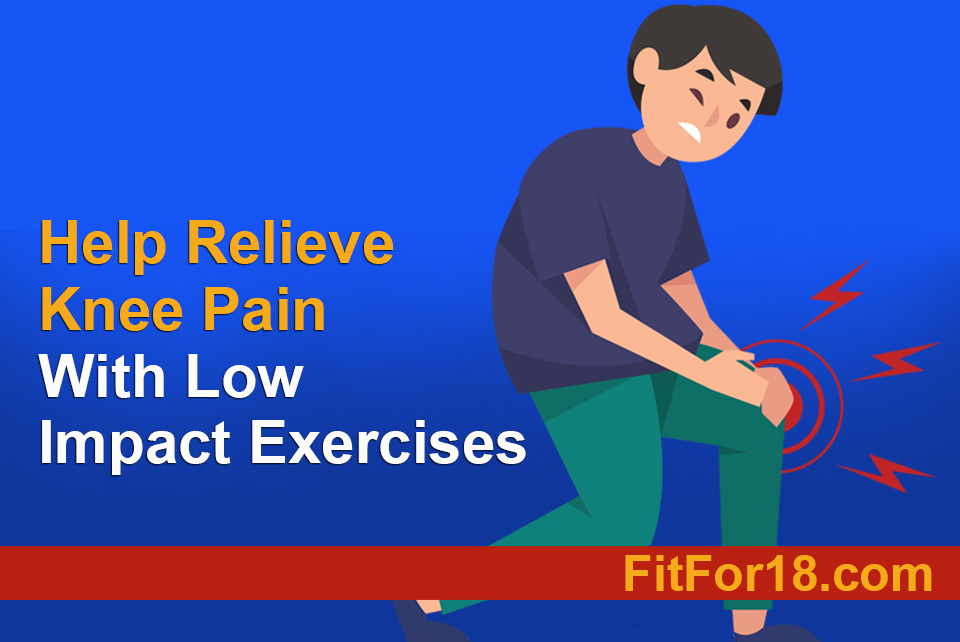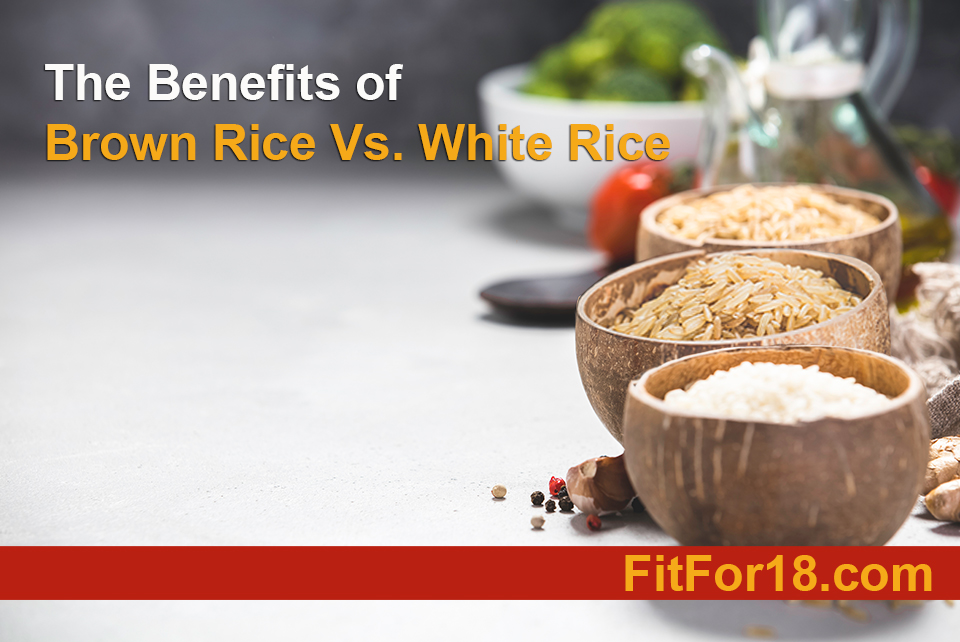I’m a huge fan of white rice. In fact, I eat white rice on a daily basis. This is probably because I’ve grown customary to eating white rice. But, I’ll go into more detail about that a little later.
As a nutrition specialist, client’s usually ask me their fair share of questions when it comes to the topic of rice. The most common question I am asked is, “Which rice is healthier to eat, white rice or brown rice?“
My answer: Well, that all depends on your fitness goals.
Whether you’re healthy or just a physically active person, it all comes down to your own personal preference. Your decision should be based off of what your health and/or fitness goals are.
For instance, if you’re someone who is trying to lose weight, maintain a healthy diet, or just trying to increase their fiber intake, brown rice may be ideal for you.
On the other hand, if you’re hitting the weights hard, trying to increase muscle mass, or training rigorously, then white rice might be the right choice for you.
Regardless of what your health and fitness goals are, both brown and white rice hold different nutritional value. Below are a few benefits of both white and brown rice that I like to share with my clients.
White Rice is Refined Rice
What you may not know is that all rice starts out as brown rice. Once white rice has been refined (A milling process that removes the rice’s husk, bran, and germ), it is stripped of it’s nutrition, vitamins, and minerals.
In comparison, brown rice is a whole grain that contains the bran and germ which provide much needed fiber as well as several vitamins, minerals, and antioxidants.
White Rice Helps Athletes Fuel Their Body
For athletes and those who do heavy weight training, white rice is a good source of carbohydrates. Most athletes and weightlifters eat white rice after their workouts because it helps replenish glycogen and it gives them energy.
According to sports nutrition expert Marie Spano, “glycogen, which is stored in the muscles, is the fuel source athletes must restore following strenuous training.” Therefore, eating white rice after extreme workouts helps with replenishing glycogen, and give your body the energy it needs to complete your day.
For example, during my Musclemania Competition years, I would eat white rice as part of my daily meal plan. This would help me with my muscle recovery and provide my body the fuel it needed after extreme workouts.
White Rice is Considered a Good Source for Carb Loading
This is also true for athletes who are half and full marathon runners. Most endurance runners I know prefer to eat a hefty serving of white rice the night before or after training for long distance runs. They call this carb loading.
Much like athletes who weight train, marathon runners also use white rice as a way to replenish glycogen and restore your body’s energy.
Dimity McDowell, of Runnersworld.com explains how most runners carb load the night before a marathon because it is a key component to fueling their best performance.
McDowell goes on to say that when you run out of glycogen during a race, your body becomes sluggish and you run out of energy. This is because your body slows down as it turns fat into energy.
Most marathon runners know that proper carb loading will help them run their best and help avoid losing energy during a long distance run.
Brown Rice Helps Lower Blood Sugar
As far as health goes, brown rice may help lower blood sugar levels and reduce the risk of type 2 diabetes.
On the other hand, a study published in the British Medical Journal suggests that higher white rice intake is associated with a significantly elevated risk of type 2 diabetes.
Brown Rice Contains More Phytate Than White Rice
Brown rice is also higher in physic acid than white rice. Like stated above, white rice is stripped of bran and germ once it’s refined. This in turn makes it lower in phytate compared to brown rice.
Phytate is an anti-nutrient which could reduce the ability for your body to absorb certain nutrients.
Phytate has several positive health effects. Healthline.com describes phytate as an antioxidant that may also be protective against kidney stones and cancer. Furthermore, it states that scientists suggest that phytate may be linked to a reduced risk of colon cancer.
Brown Rice Is a Good Source of Fiber
For those who are looking to add more fiber to their diet, brown rice is a good source of fiber. It is made of whole grains and low in calories.
The USDA states that one cup of brown rice (195g) has about 216 calories.
If you want to lose weight, you should consider brown rice. Although both rices have different nutritional value, and benefits, brown rice is higher in fiber and nutrients over white rice.
When looking at nutritional value and health benefits, brown rice is definitely the best choice to eat.
Conclusion
If you live a healthy and active lifestyle, you should eat whichever kind of rice you prefer. Either type of rice can be a part of your health nutrition program.
Most importantly, enjoy a balance of white and brown rice to reach your healthy lifestyle goals.
If you’re interested creating a meal plan that fits your lifestyle, feel free to hit me up! I’ll be more than happy to customize a meal plan that can help you lose weight and stay fit.
SOURCES: https://www.todaysdietitian.com; Proper Nutrition Is Key to Refuel, Rehydrate, and Rebuild After Strenuous Workouts
Runnersworld.com; How Proper Carb-Loading Can Help You Crush Your Next Race
bmj.com; White rice consumption and risk of type 2 diabetes: meta-analysis and systematic review
healthline.com; Phytic Acid 101: Everything You Need to Know
USDA; Rice, brown, long-grain, cooked
Subscribe
Join to receive weekly health & fitness tips!
RELATED BLOGS

How Peptides Can Help Sugar Levels And Diabetes
How peptides can help people with diabetes keep their sugar levels in a healthy range.

Why Peptides Are a Safer, Smarter Choice Than Ozempic
Ozempic may be the latest crazy, but is it safe? Here is why peptides may be a better alternative.

How Low Progesterone Affects Body Weight
How low levels of progesterone can significantly impact body weight.

How Cortisol Affects Body Weight
The physical effects of cortisol and its influence on body weight.

Unlocking the Power of Superfoods
My favorite superfoods and how they can help boost your health with every bite!

Iron Deficiency Causes, Symptoms, and How Your Diet Can Help!
Understanding iron deficiency and how your diet can help.

Get Moving: Top 5 Physical Activities For a Vibrant Retirement
A list of the top five physical activities that are perfect for retirees.

Help Relieve Knee Pain With Low Impact Exercises
Some common causes of knee pains and workouts that can help relieve them.

Losing Weight After Menopause
The challenges of losing weight after menopause and how to boost your chances of weight loss.

Weight Loss Guide for Those with Thyroid Disorders
Lifestyle choices that support weight loss and the well-being for those with thyroid challenges.

